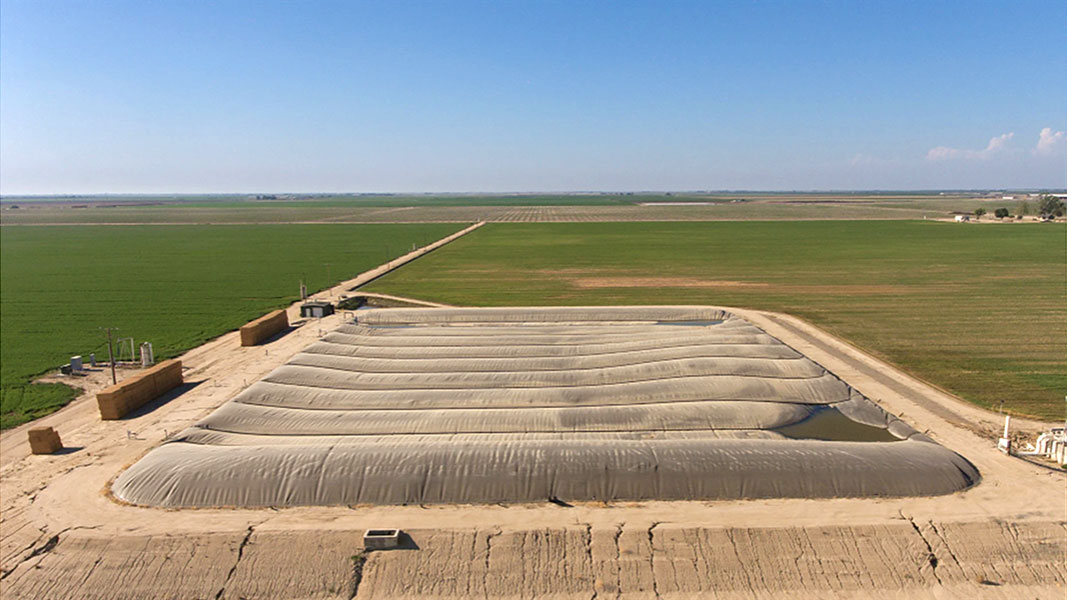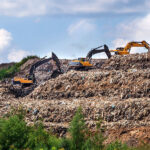Top: Farm digester photo courtesy California Dairy Research Foundation
The U.S. Department of Energy’s (DOE) Bioenergy Technologies Office (BETO) and Vehicle Technologies Office (VTO) announced $6.9 million in funding for nine projects to support local waste-to-energy management solutions for transportation energy needs. The selected projects, located across six states, will help sustainably manage and recover potential clean energy sources from local community waste streams using innovative and cost-effective technologies to produce low-carbon biofuels. “Organic waste management presents economic, environmental, and health burdens for communities across the United States,” said Jeff Marootian, principal deputy assistant secretary for DOE’s Office of Energy Efficiency and Renewable Energy. “By advancing novel technologies to convert this waste into valuable energy resources, these collaborative investments will help solve local waste management challenges and support a more secure and resilient future.”
Projects were funded in one of two topic areas — Feasibility Study Development Analyses and Design Work and Experimental Validation. Among funded projects is an initiative aimed at exploring the feasibility of utilizing dairy methane, captured through anaerobic digesters, to produce clean hydrogen. Awarded to California Dairy Research Foundation (CDRF), in collaboration with sub-recipients Sandia National Laboratories, California Bioenergy LLC, and West Coast Advisors, the primary objective of the project is to assess the environmental and economic feasibility of converting methane from dairy manure into hydrogen, a renewable energy source with zero emissions, particularly suited for the transportation sector. The project will also evaluate the scalability of this process and its potential to reduce greenhouse gas emissions, enhance energy sustainability, and contribute to the U.S. Department of Energy’s (DOE) long-term clean energy goals.













